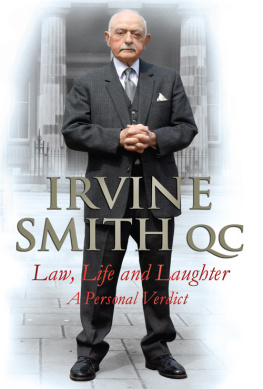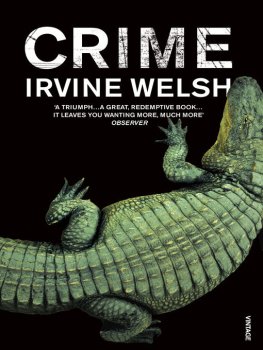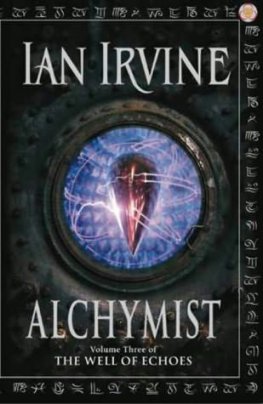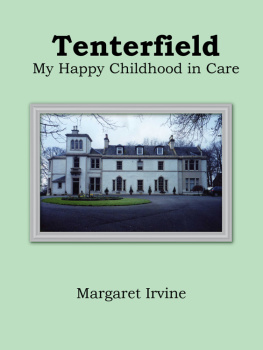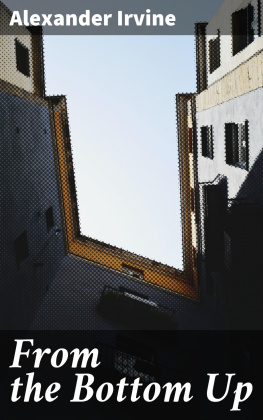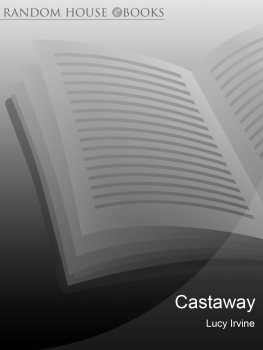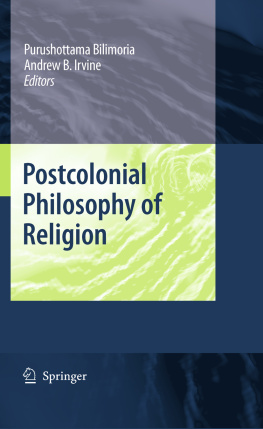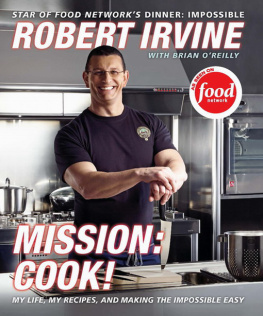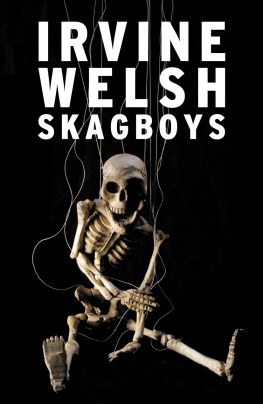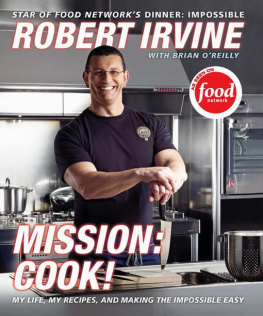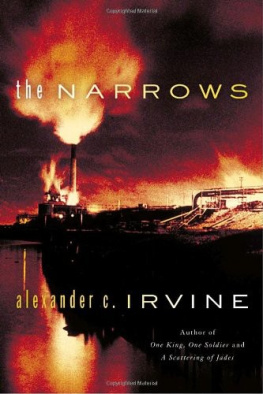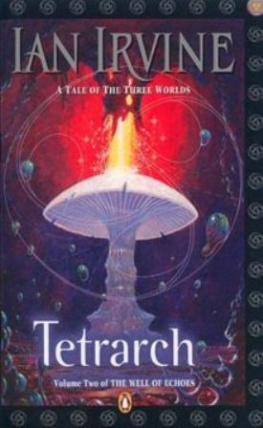
I look upon anecdotes as debts due to the public, which every man who has that kind of cash by him, ought to pay.
Lord Orerry to Dr Birch, 1741
My thanks are due to the widow, Dr Jill MacDonald, and the children of the late Sheriff Alistair MacDonald for their permission to print two of his letters to me; to Mr John Black of Bexley Heath for permission to print his letter and to Jack Webster for permission to quote from his autobiography Grains of Truth.
My thanks are also due to Lord McEwan, Sheriff Kenneth Mitchell, Professor Charles Hennessy and Mr Paul Reid, Solicitor Advocate, who read and commented on the manuscript and, again, to Lord McEwan for accepting my invitation to contribute the foreword.
The publishers of the Scots Law Times gave me permission to quote from their Journals, reports of cases in which I was involved.
As the stage of publication was reached and communications between an anxious author and a schedule-conscious staff of the publishers became numerous, my lack of email literacy and practice presaged delays and difficulties, to which my uncertain health was already contributing. These difficulties have, I think and hope, been avoided by the intervention of Alison, my elder daughter, who has readily, willingly and inexhaustibly discharged throughout, the roles of inspired Personal Assistant and first-class secretary. Had it not been for her, supported by the patience and encouragement of her mother, I would not now be writing these acknowledgements.
CONTENTS
by Lord McEwan
by Lord McEwan
I first met James Irvine Smith (known to all as Irvine) when I was a law student at Glasgow University. He opened the door for me to the life of the Bar, the world of advocacy and legal learning. He encouraged me and others like me to pursue and attain excellence. It is a great privilege and pleasure to write this foreword.
The opening chapters are both stern and amusing. He has a good and detailed memory of his childhood, his early years and the privations suffered and cheerfully borne on holidays in Ayrshire with some of the main characters in his life. On visits to Dailly, newspapers assumed a special importance as the reader will discover!
To Irvine his friends were valued and a source of pleasure. At the Bar those who are your friends are also your professional rivals. The present generation of advocates may just remember Ranald Sutherland but almost certainly never knew Sir Randall Philip, the great Manuel Kissen and Sheriff Alistair MacDonald. Mere names in dry legal text books now, come vividly alive in Irvines pages.
The book takes on a dark mantle when the writer returns to the difficult days of Capital Murder trials. Irvine defended a number of men and one woman who faced the death penalty, and lost only one to the hangman, and he was but a boy. I know from my many communications with him about that case how the execution has never left his mind, and will haunt him for ever.
The authors mid life was spent and enjoyed as a sheriff-substitute in Glasgow and his insight abounds into the fun and subtleties of that holy city. It was a large part of his life which changed when he went to another Sheriff Court, and not for the better. For the last quarter of the twentieth century Irvine was the best after dinner speaker in Scotland, and his reputation at Burns Suppers was international. The reader will find in the chapter The Cult of Speech a veritable quarry of information about how to acquire these skills. Reading aloud, elocution, learning by rote and the value of poetry are all commended. To an older generation these were second nature. Todays generation should pay attention.
This book is a splendid work about a valuable and useful life well enjoyed and happily ongoing. It will be read and appreciated by the legal profession and layfolk alike, even, I venture to suggest, by the many miscreants who appeared in Irvines court before being returned to secure accomodation. I wish the book all success.
ROBIN G. McEWAN
1
Falkirk, where I lived in or close to for fifty-seven years, is an ancient Scottish burgh with a long vivid and chequered history. It was the scene of two significant battles. One, at which the fortunes of William Wallace saw their first serious setback, and the other which did nothing to halt the retreat of Prince Charles Edward Stewarts army to its ultimate destruction at Culloden. In the eighteenth and nineteenth centuries, it was famous for its iron industries and annual autumnal cattle trysts, where all the drove roads of Scotland terminated.
In the l930s, however, Falkirk was a town uncertain of its present, anxious about its future and nostalgic about its recent past. It was anxious because the decline of the industries, on which its prosperity had been built, was becoming all too obvious. That prosperity began with the founding of Carron Iron Works in 1759. Thereafter, with the rest of central Scotland, where iron and coal lay in abundance, it became a town of iron foundries. These foundries employed not just men, but generations of men from the same local families. My paternal grandfather, who died before 1914, was employed there. My father, too, worked there as a fitter all his working life, as did his brother, John.
Iron foundries and the Carron Company, in particular, were the major employers of men in the town in the 1930s but with the Depression, which only ended with the start of the Second World War, like the rest of the country, many a man had no job. My father was one of the lucky ones. He was never unemployed, although when the war started in 1939 his work changed from assembling iron grates to assembling implements of war, and he and his contemporaries, for the first time, earned significantly greater wages. The war work, as it was called was intense. He would start at 6 a.m. on a working day and I recall, as a boy of thirteen, walking the two miles or so from our home to Carron Foundry with his breakfast; a flask of tea and bacon rolls, the bacon being always my mothers choice, Wiltshire bacon. Between 12 and 1 p.m. he would come home for what was then the main meal of the day. He and his like lived their whole working lives to the sound of the factory whistles, which, in recollection, I can still hear.
In the 1930s, in Falkirk, like many Scottish industrial towns, you were never far from a foundry and never far from a church. It was a phenomenon by which an over-abundance of spiritual comfort was provided for the people of these towns. At Stenhouse Parish Church, which I attended, there were services at 11 a.m. and 6.30 p.m. Most children, like myself, were taken to church on Sunday mornings where we sat through the service and then went to Sunday school. I fear my early experience of sermons of twenty-five-minutes duration, sometimes more, did not encourage in me any enthusiasm for their institution. Sunday school attendance was not onerous, but it too could certainly be boring. I recall one Sunday school teacher who considered it essential that a class of nine or ten year olds should be able to recite by heart the names of all the books of The Bible in their proper order. The object of this, he claimed, was that we could then more easily look up the text when it had been quoted by the minister, without wasting time looking up the index. Now in my eighties I can still recite, in order, the books of the Old and New Testaments: the value of which, I confess, I have never been able to discover.
Attendance at Sunday school did, however, qualify one for the two highlights of the year: the summer Sunday school trip and the Christmas Party. The trip in June usually set out from Stenhousemuir in buses, with streamers flying and a general excitement and noise, which the adults abandoned all hope of trying to control. The favoured destinations were the Hillfoot villages such as Alva and Tillicoultry, with Doune, near Stirling, a special favourite. Once there, if the weather was good, there were races of all kinds and for all ages, ball games and walks to the neighbouring towns to purchase presents very modest presents for parents unable to be present. If it rained there was always a hall available. Alva Glen was, as I recall, the best equipped with this alternative, and there the adults did their best to occupy their excited but disappointed charges by organising games and running a concert in which every child was expected to volunteer to do their turn. This was an exercise productive of some unusual talents and results. If one of the objects of the trip was to preserve the childrens loyalty and encourage their attendance at Sunday school, it certainly succeeded. For the adults who came with the children it was my Aunt Bella who always took me the trips had the entirely laudable conclusion of exhausting their charges. There were very few streamers on the way home. The fathers, incidentally, rarely attended the Sunday school trips.
Next page
